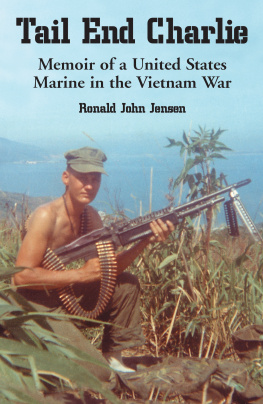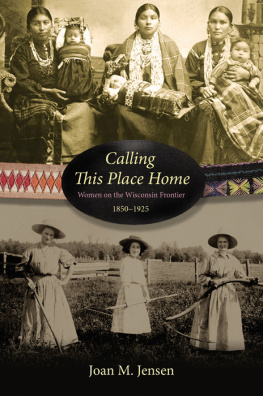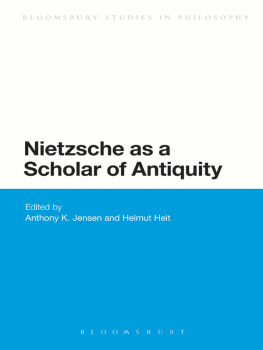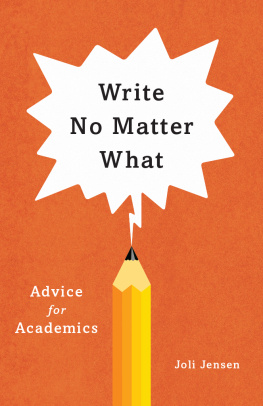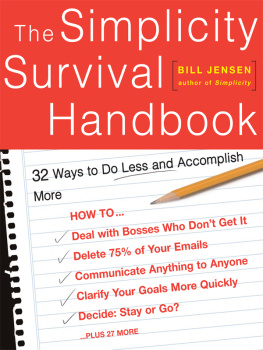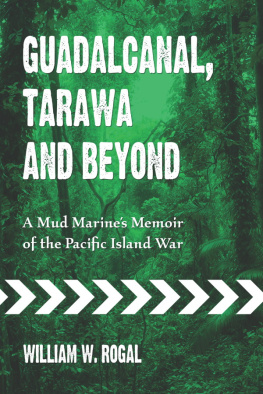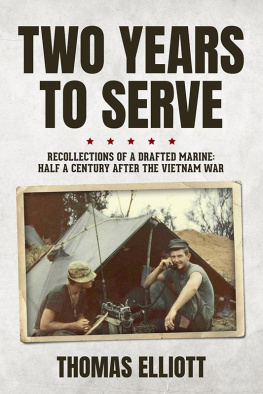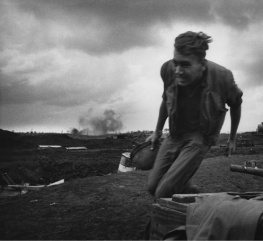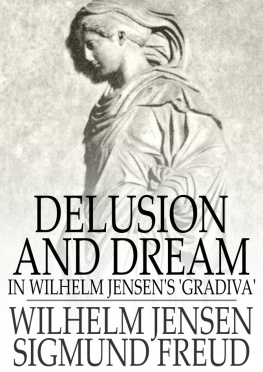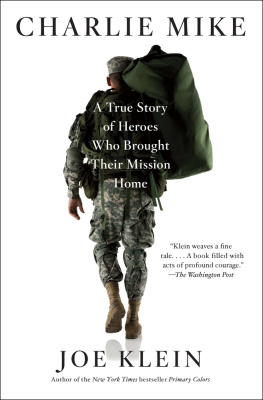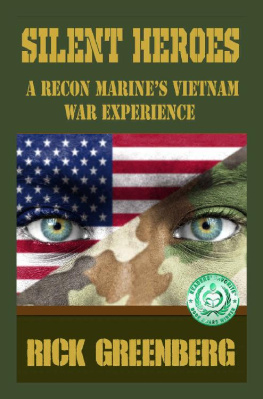
TAIL END CHARLIE
Memoir of a United States Marine in the Vietnam War
Ronald John Jensen

McFarland & Company, Inc., Publishers
Jefferson, North Carolina
LIBRARY OF CONGRESS CATALOGUING DATA ARE AVAILABLE
BRITISH LIBRARY CATALOGUING DATA ARE AVAILABLE
e-ISBN: 978-0-7864-8096-8
2004 Ronald John Jensen. All rights reserved
No part of this book may be reproduced or transmitted in any form or by any means, electronic or mechanical, including photocopying or recording, or by any information storage and retrieval system, without permission in writing from the publisher.
On the cover: Ronald John Jensen on patrol, Hill 506, Vietnam
McFarland & Company, Inc., Publishers
Box 611, Jefferson, North Carolina 28640
www.mcfarlandpub.com
To the memory of my mother,
Margaret A. Mullaney Jensen
(born Anna Beck Sousa)
And to the memory of Lt. John M. Joyce,
killed in action April 17, 1969,
Kilo Company, 3rd BN, 26th Marines
Acknowledgments
I would like to acknowledge the love, support and assistance of the following people, without whom I might never have completed this book. My wife, Kathleen Catalano Jensen. My brother, Edward Francis Jensen, and my sister, Margaret Ann Jensen, and of course our late father, Edward F. Jensen. My children, who are my life: Jennifer Kathleen Jensen and John Ronald Jensen. My thanks, too, to Denise Boomhower Brosokas, writer, author and mentor.
Preface
Everyone has a story, but few stories are recorded and passed on to future generations. As I was growing up in the 1950s, I was fascinated when I overheard my parents and other adults talking about family members from the past. Mostly the discussions (which were often about untimely deaths) took place while the children were playing. As I played, however, I was listening to the stories. Many of the stories centered on the relatives who served in World War II and the harsh reality of war. At that time, all I really knew about war was what I saw on television and in the movies, which depicted the glory of war and not the reality of personal loss. The only thing I was told directly about the war was that my father had been in the service. He brought back a German helmet and an American helmet that I played with.
At the time of the Cuban Missile crisis, we had air-raid drills in school, either hiding under our desks or forming lines along the walls in the hallway. Yet I never realized the significance of what was happening in the world until a few years later, in 1965, when my brother received his draft notice. After he returned, I felt a need to go in the service. I enlisted in the United States Marines in 1968.
While in the Marines I saved my letters from home and my family saved my letters from Vietnam. Together they amounted to over 1000 letters that I still have today. I also saved booklets, pamphlets, airline tickets, money, pictures and many other personal items that I had while in Vietnam. I also wrote down notes about certain events in a little military notebook that I carried with me just to pass the time away. I was lucky to have a good friend in the rear who mailed all my things home for me in empty soda boxes. I never knew at that time that I would be using all of these things to write a book.
After my return from Vietnam, I met up with my great uncle at my aunts house. I had not seen him for many years. Although he had a very commanding appearance, he was a quiet individual. My aunt asked me a question about Vietnam, and all of a sudden he mentioned that he had been in the cavalry. He started to tell stories: of joining the cavalry in 1910, of chasing Pancho Villa back to Mexico, of being in Panama, and of being one of the first mounted New York State Troopers. His stories made me want to find out everything I could about my family history and record it. Unfortunately, six months later he passed away. The year was 1972.
Over the years, I became a genealogy buff. I researched all aspects of my family history. I struggled to remember bits and pieces of those old family stories: Sailors going down with their ships, soldiers landing at D-Day, or being wounded while crossing the Rhine, loved ones missing in action. I was sorry I did not have more time to find out my great uncles military history.
In 1979, I felt a need to write down my own experiences in the war so that my children would have a record. I still thought of it as a genealogy project. I wrote every day for over two years. I brushed over my early teen years, but I wrote at length about my time in Vietnam.
I wrote stories about the men I served with in the rifle company (infantry) and how we formed a bond even though we came from all different walks of life. I wrote about experiences that we had on an everyday basis and how we passed the time between firefights. Looking back, I realized how we even found some humor in our combat situations: I believe that is what helped to keep me alive, even as I knewwe all knewthat any day could be our last. I realized as I wrote that I was fortunate to serve with the captains and lieutenants, the men and the navy corpsman that I was with. If not for their bravery I would not have survived this experience.
I never considered myself a writer. As my children grew, they came home from school with questions about the Vietnam War, My genealogy records came down out of the closet. My daughter attended the University of Sacred Heart, where she was a staff writer and sports writer for the university newspaper. She took the manuscript to school and came home and told me that it was not just genealogyit was a book. With encouragement from my son and daughter, I set out to publish this book.
The stories in the book are seen through my eyes and told to the best of my recollection. These stories are not meant to embarrass, demean or detract from the bravery of anyone I served with.
After speaking with a close friend from the war, I decided to change the names of the men in the stories. My friend felt good about the book but wanted to be left anonymous. Taking my cue from him, I changed all of the names except for that of Lt. John M. Joyce, whose family approved the use of his name to honor his memory.
I feel I am one of the luckiest people in the world to have come home from Vietnam alive and well. I have no regrets for serving my country and would do it again. I also have deep admiration for the men who were critically wounded, and compassion and sorrow for the families of the men who did not come home. Their pain goes on every day.
Ronald John Jensen
Fall 2003
I
My Decision
I am Ronald John Jensen, the son of Edward F. Jensen and Margaret A. Mullaney (Anna Beck Sousa) born on November 13, 1949, at 5:15 A.M. in Physicians Hospital, Jackson Heights, Queens, New York City. We lived in an apartment building at 41-26 Gleane Street in Elmhurst, Queens, on the second floor. I lived there until I was eight years old. I had great memories of growing up in that little apartment. It was not until we moved a few blocks away to a house (41-43 Case Street), which my mother and father had bought with my mothers adoptive parents (unknown to her at the time), that things started to change. We lived in this house until the early summer of 1965, when my mother, brother, sister and I moved to Howard Beach for reasons I still dont understand.
Next page
